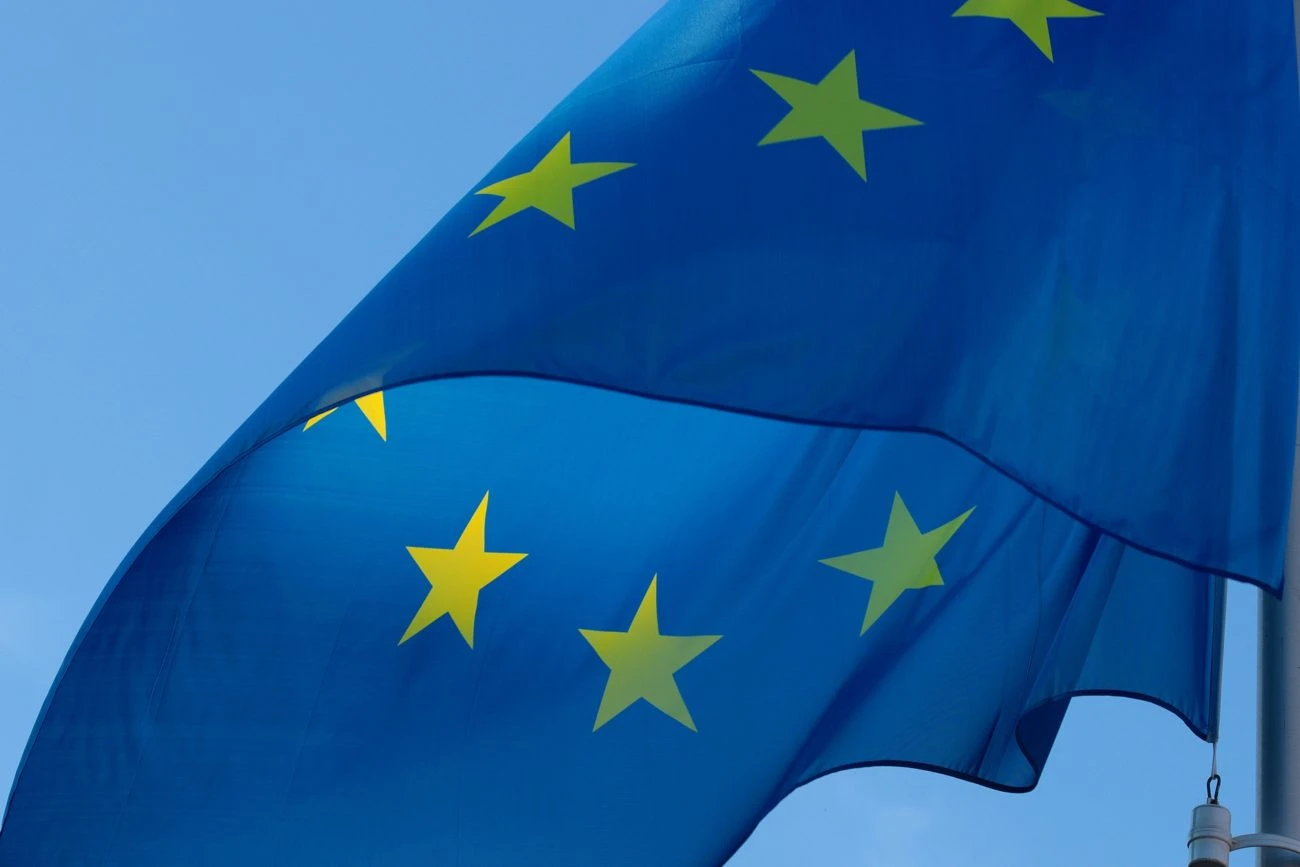Germany notifies new State Treaty to European Commission

Germany has submitted its overhauled gambling regulations to the European Commission, as the country prepares to implement the new framework from 1 July, 2021.
The fourth editions of the State Treaty on Gambling, the Glücksspielneuregulierungstaatsvertrag (GlüNeuRStV) still must be ratified by 13 of the country’s 16 federal states before it can come into force. In particular, it must be ratified by the State Chancellery of Sachsen-Anhalt, which will host the new regulatory body formed through the legislation.
Upon ratifying the legislation, states will be bound by its terms until 31 December, 2028. After this date, states will be able to withdraw from the Treaty after giving a year’s notice.
This regulator will be responsible for overseeing an expanded igaming market, in which online casino and poker are permitted alongside sports betting. However, products may only be offered under significant restrictions.
A €1,000 deposit limit for players, including in the third State Treaty and only covering sports betting, will be extended across all products. Some of the more controversial controls for betting, such as limiting in-play wagering to final result and next goalscorer markets, are also carried over.
For slots, player stakes will be limited to €1, while each spin must last an average of five seconds, and jackpots will be prohibited. Maximum stake limits must also be applied by the operator for poker games.
For table games, states have an option to maintain a monopoly over the vertical. Should they wish to open the market to private operators, they will only be permitted to award as one licence for each land-based casino within its borders.
Should the GlüNeuRStV be approved by the states and ratified by the European Commission, a year-long licensing window would begin from the implementation date, running until 1 July 2022.
Operators’ licence fees will be determined by projections for amounts wagered. For operators generating turnover of up to €40m, they will be required to pay a fee of at least 2.0% of stakes, of at least €100. For those with stakes of between €40m and €65m, this fee rises to €80,000, plus 1.6% of stakes in excess of €40m.
This then rises to €120,000 for stakes between €65m to €13m, plus 1.0% of all turnover in excess of €65m. It then increases to €185,000 for operators processing over €130m in wagers, plus 0.6% of any betting or gaming stakes over €130m.
As previously announced, advertising is subject to a 9pm and 6am watershed, while no advertising may be shown around live sports broadcasts. In sporting venues, gambling branding may be featured on team shirts, and on pitchside boards.
For affiliate marketing partners, meanwhile, no deals based on revenue, customer deposits or customer activity will be permitted.
Operators will also be required to develop ‘social concepts’ in which they set out how they aim to protect players from developing problems with gambling, as well as their strategy for preventing minors from gambling.
The legislation, which was notified to the Commission yesterday (18 May), is now subject to a standstill period that ends on 19 August.
The GlüNeuRStV was ratified by the Minister-Presidents of Germany's 16 states in March, the first step in the approval process. While it is due to replace the third State Treaty, which implements the sportsbook-only model first approved in 2012. However, this attempt to push through a modified version of that Treaty has also been beset by issues.
When that legislation was notified to the European Commission, it prompted a critical response, which warned that the short-term implementation meant it was unlikely to make the market attractive to operators. However, the state chancelllery of Nordhrein-Westphalen, which coordinates state communication with the Commission, said no changes would be made to the legislation.
The licensing process then got underway, with the Regional Council of Darmstadt, the body in Hesse responsible for handling applications, claiming to have received more than 30 submissions. However, it was then halted by a legal challenge brought by Austrian bookmaker Vierklee. The Darmstadt Administrative Court ruled that the process was not sufficiently transparent, and was skewed in favour of market incumbents.
The Regional Council is appealing the court's decision, and has assured applicants that it will continue the process to ensure operators can be approved for launch should it prevail in its challenge.
